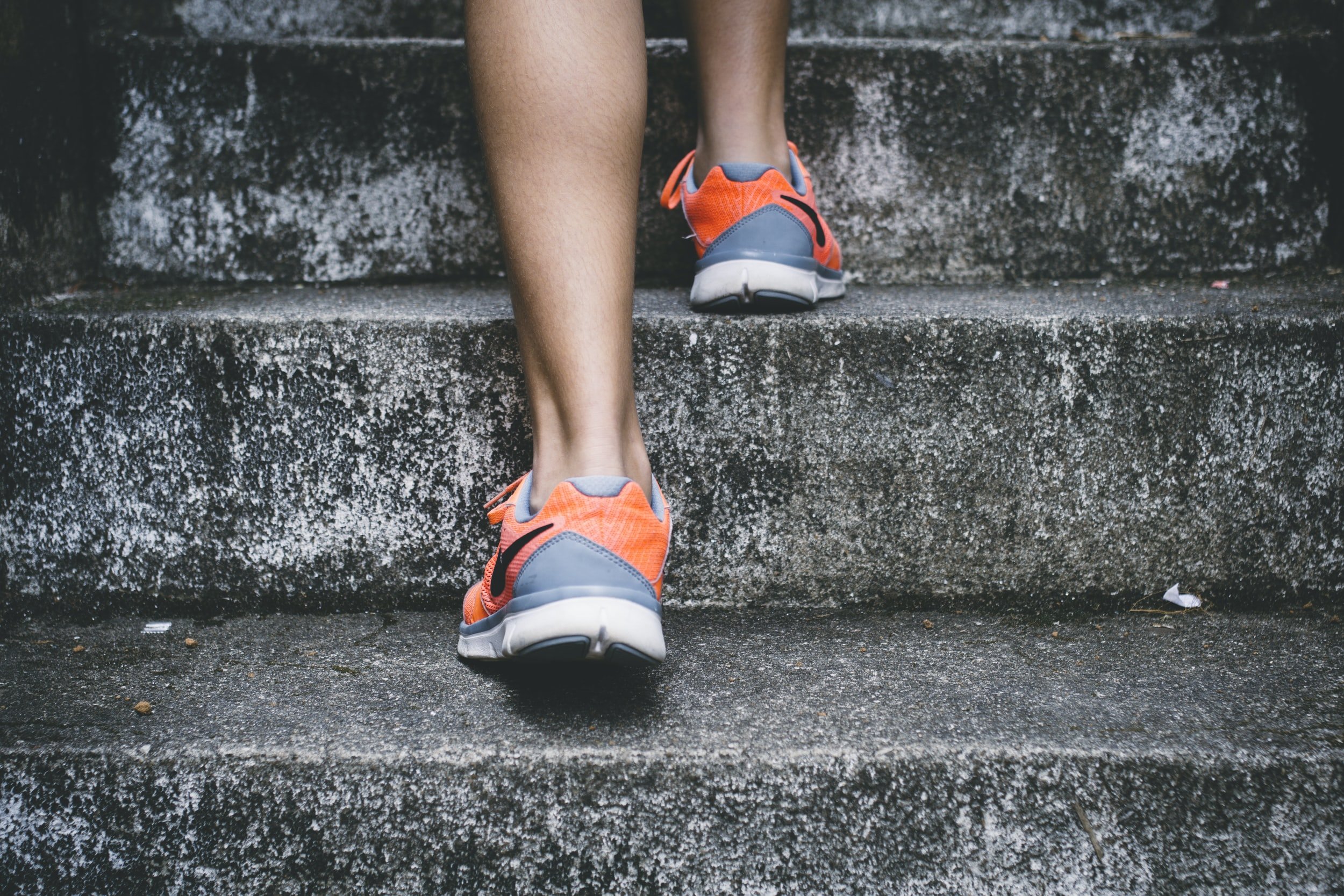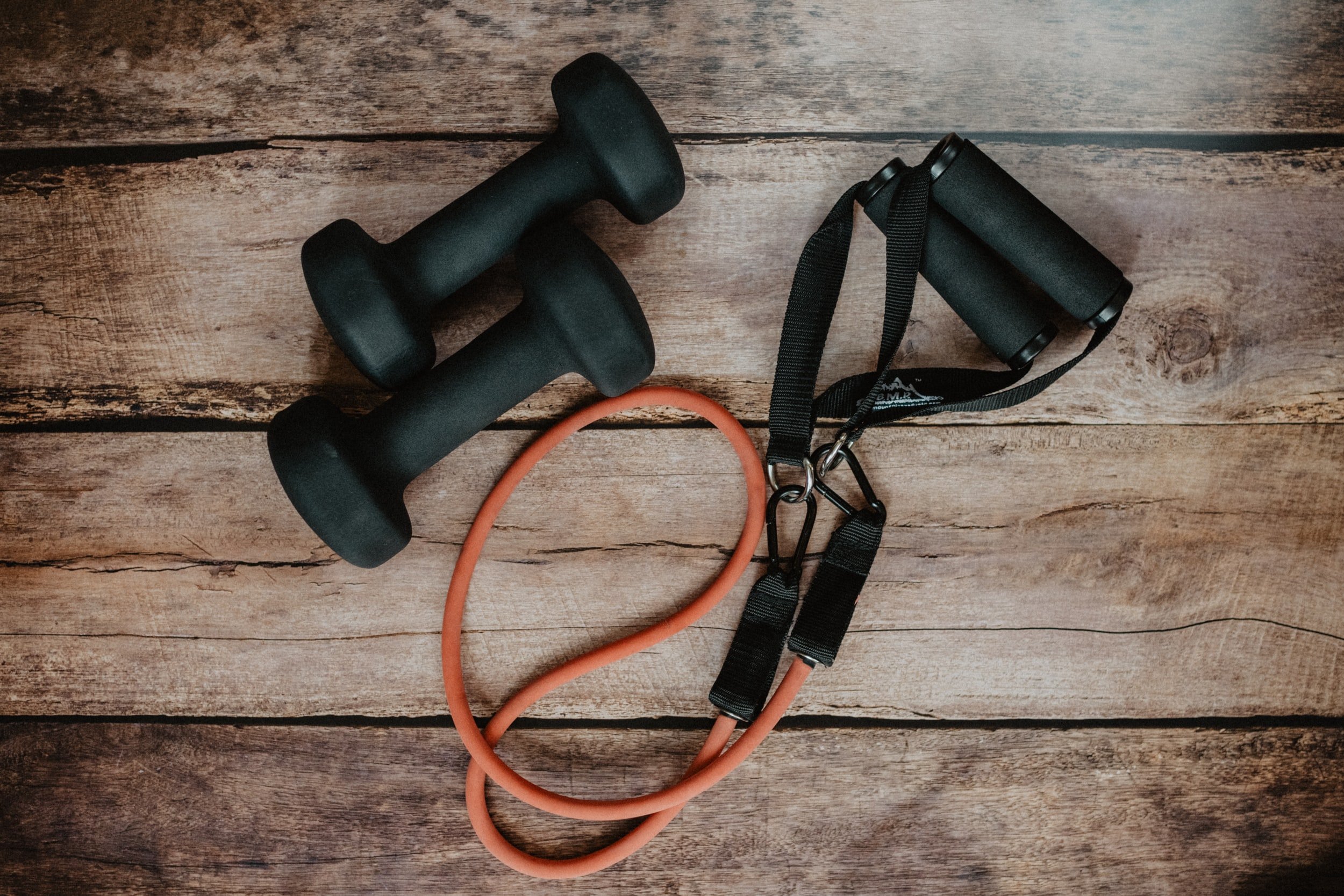







Defining Bone Marrow Transplant Type
There are 2 main types of bone marrow transplants. They are named based on who donates the stem cells.
Autologous: Auto means self. The stem cells in autologous transplants come from the same person who will get the transplant.
Allogeneic: Allo means other. The stem cells in allogeneic transplants are from another person (either matched or unrelated to the person who will get the transplant).
Introduction
Eating well and exercise are extremely important for people with cancer. There is now compelling evidence, from over 40 research trials, that participating in regular exercise has benefits for addressing treatment related side-effects and improving overall function, quality of life and survival for individuals with cancer. However, there is limited research on the role of nutrition and exercise interventions in blood cancers.
Bone marrow transplant is a demanding treatment commonly used in the management of the more aggressive blood cancers. This treatment can lead to loss of muscle bulk, malnutrition, reduced physical function, increased cancer-related fatigue and poor quality of life.
The debilitating impact of a cancer diagnosis and treatments means patients need encouragement and support to eat well and stay active. Unfortunately, there are few programs to support patients after a bone marrow transplant to get them back to their best functional levels.
The Problem
Preliminary research has demonstrated that patients:
required more education about the impact of cancer treatment
didn’t attend rehabilitation due to distance and cost, and
would prefer a home-based option.
Ninety-five percent of participants in this preliminary research said they would likely participate if a telehealth service was offered. A quote from a patient in the survey supports this:
“I know I should exercise more, however, I find it difficult when the closest cancer care centre exercise physiologist is over 45 minutes away… with expensive parking. I would love a supervised schedule of exercise I could carry out without having to travel.”
-
Combined nutrition, exercise and behaviour change programs contribute to patients surviving well and may also help to prolong life by improving muscle mass. Positive trial findings will influence policy and clinical practice, ultimately improving the model of care for patients after bone marrow transplant.
The main goal of this research program is to test if providing a rehabilitation programme to people after bone marrow transplant, compared to usual care, improves outcomes which are important to patients; including quality of life and physical function.
-
We will study 170 patients after bone marrow transplant and randomly divide them into two groups to receive either usual care or a rehabilitation treatment.
The rehabilitation group will include nutrition and exercise interventions delivered by experienced health professionals for 8 weeks, and advice about setting behaviour change goals to maximise the effect of the prescribed interventions. This will be delivered either face-to-face or by telehealth depending on patient choices.
Consumer input will be incorporated into the design of the study and we will build upon our previous consumer feedback.
People who have undergone Autologous and Allogeneic bone marrow transplant will be included.
-
This research has the potential to directly impact the treatment of patients with cancer. Undertaking supervised exercise, whether at a centre or at home via telehealth, is a beneficial treatment adjunct for patients with cancer. Adding nutrition and behaviour change advice to treatment will enhance patient outcomes.
-
Telehealth will be an option for follow-up of patients to reduce barriers to involvement and to improve equity of access to rehabilitation.
